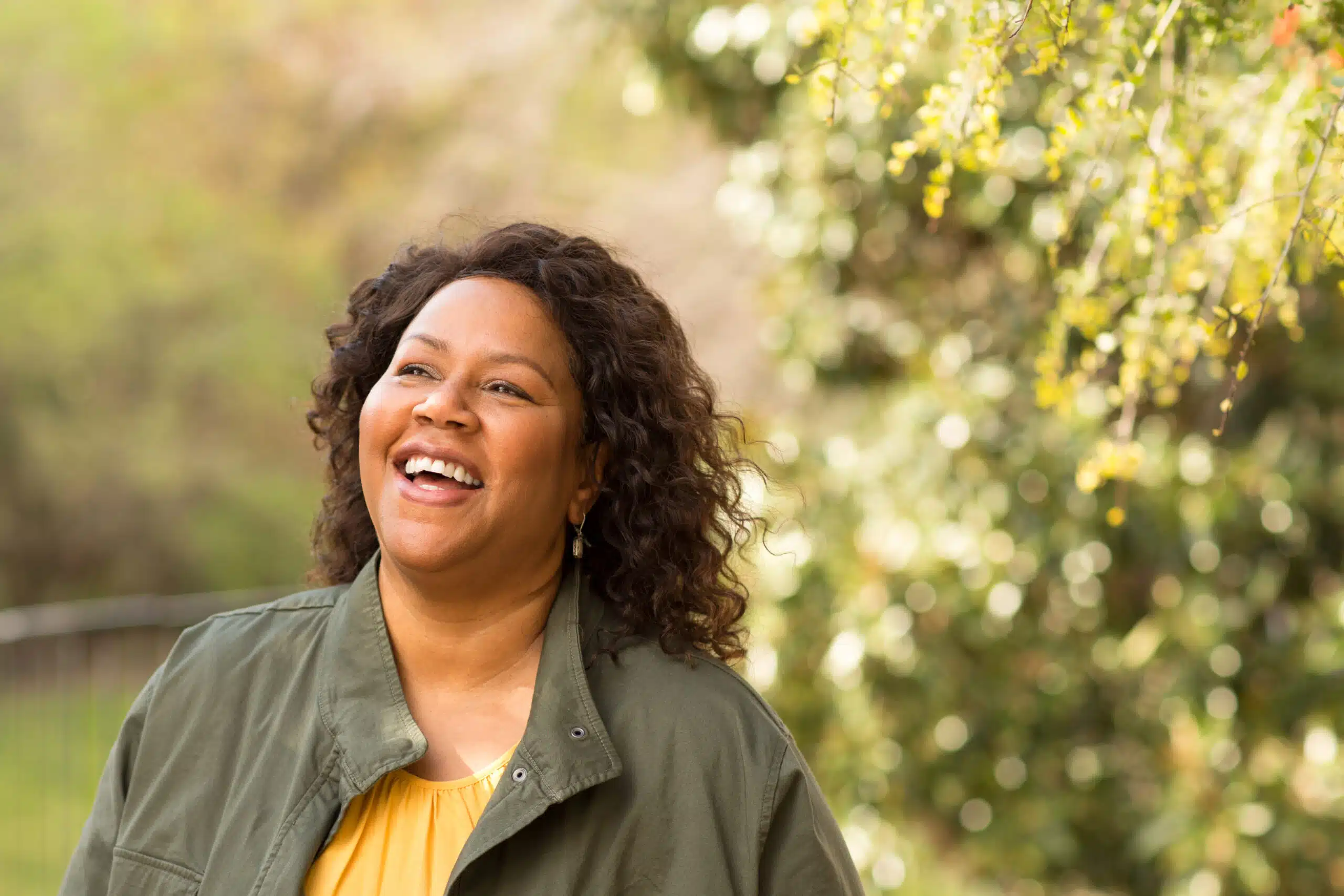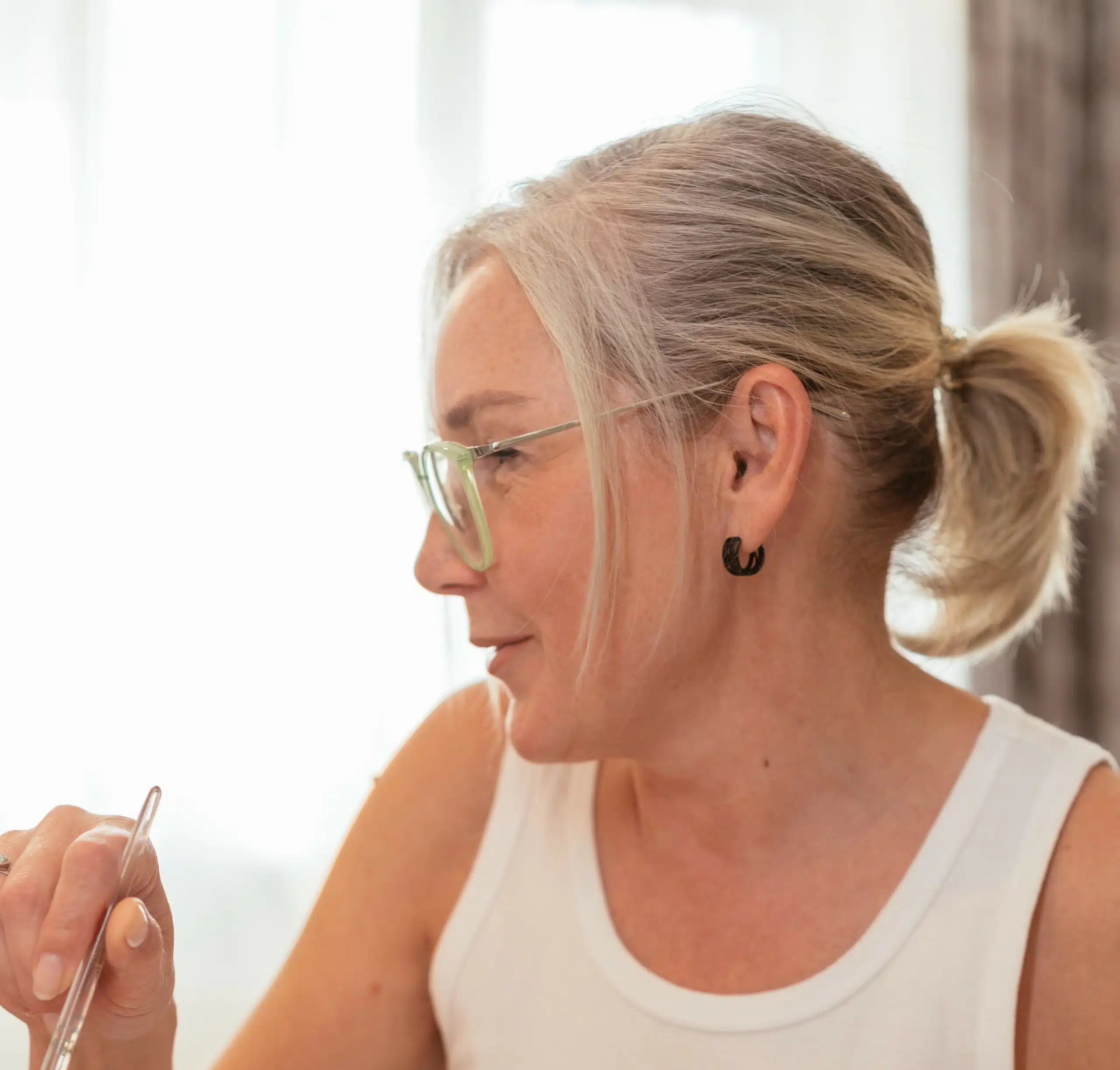Over-the-counter contraception
In 2021 the Medicines and Healthcare Products Regulatory Agency (MHRA) announced that desogestrel mini pills, Hana and Lovima, are available to be bought without a prescription. It is possible that more methods of contraception will be available without a prescription in the future.
At the moment, combined oral contraceptive pills are not available over-the-counter.
Sexual health clinics and family planning centres
Sexual health clinics, also known as family planning centres, genitourinary medicine (GUM) clinics or reproductive clinics, provide a number of services related to sexual health - including contraception and emergency contraception.
When you visit a sexual health clinic all your details will be treated confidentially. This includes any information provided by young women and children who are between the ages of 13 and 16 years. Sexual health clinics will never contact your family about your visit or your contraception use. You can take a friend with you to your appointment if you feel like it.
If you’re visiting a sexual health clinic for the first time, you should expect to be asked to provide some basic details about yourself like your name, date of birth and contact details. You may be asked about your past contraceptive use and sexual health history - certain clinics may offer to test for sexually transmitted infections (STIs).
The contraception you’re provided with should always be free, and if you decide on certain types of contraception, such as the implant, you may need to return later for a second appointment.
Getting contraception with the NHS
You can also get hold of contraception via a GP appointment with the NHS. You can talk to your local GP or practice nurse about getting hold of contraception.
Typically, you may be asked some questions about your sexual health history and what your expectations are about contraception, especially if you’re consulting for the first time. There are roughly 15 methods of contraception, so finding the right one can come down to a chat between you and your doctor. All methods have their advantages and disadvantages, and you can always switch if a particular method isn’t working for you.
Your GP will prescribe birth control after a basic consultation. Even if you’re under the age of 16, your doctor will treat the information you provide as entirely confidential. As long as they believe you fully understand the information you’ve been provided with - then getting contraception is no more difficult than if you were older. They will not tell your family you’ve sought contraception, unless they feel you’re in danger.
Boots, Lloyds, Superdrug and high street pharmacies
You can take your prescription for contraception to high street pharmacies such as Boots, Lloyds and Superdrug.
The main contraceptive methods you’ll get in a pharmacy are those which can be self-administered, like the pill, patch or ring. For things like the implant or IUD, a doctor or sexual health nurse will need to fit them.
However, some contraceptive methods do not require a prescription to be issued. This includes condoms, but also two branded mini pills - Hana and Lovima. These were reclassified as pharmacy medicines in 2021. This means you do not need a prescription to access them. A pharmacist or independent prescriber will be able to perform a quick consultation to ensure they’re suitable for you.
Getting contraception from Tesco, ASDA and Sainsbury's
Many large supermarkets like Tesco, ASDA and Sainsbury’s also operate in-store pharmacies, where you can have your prescriptions processed. Using an in-store pharmacy can be convenient and accessible for a lot of people.














